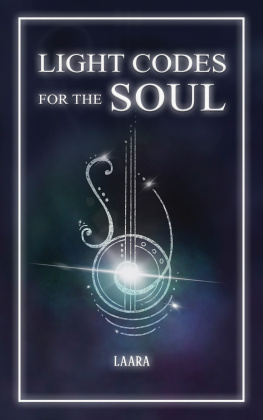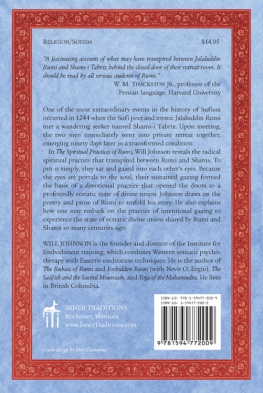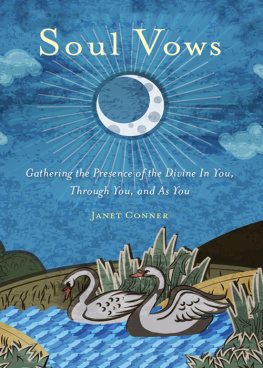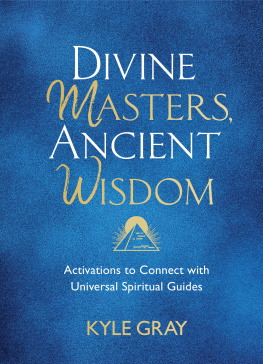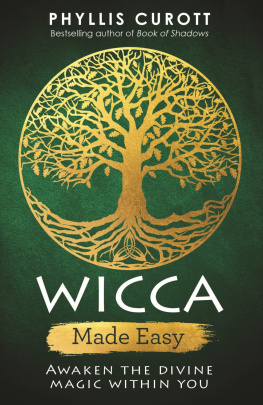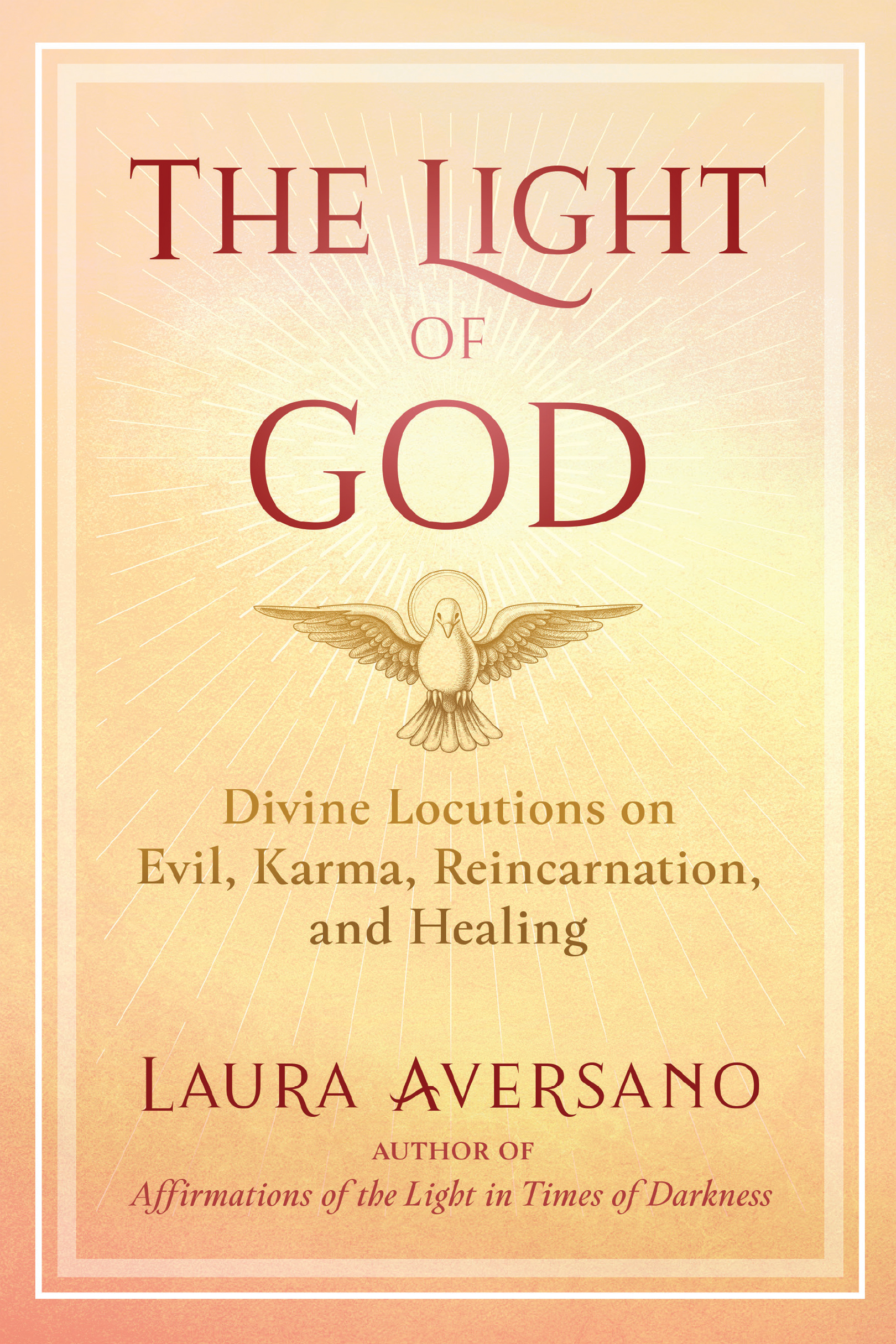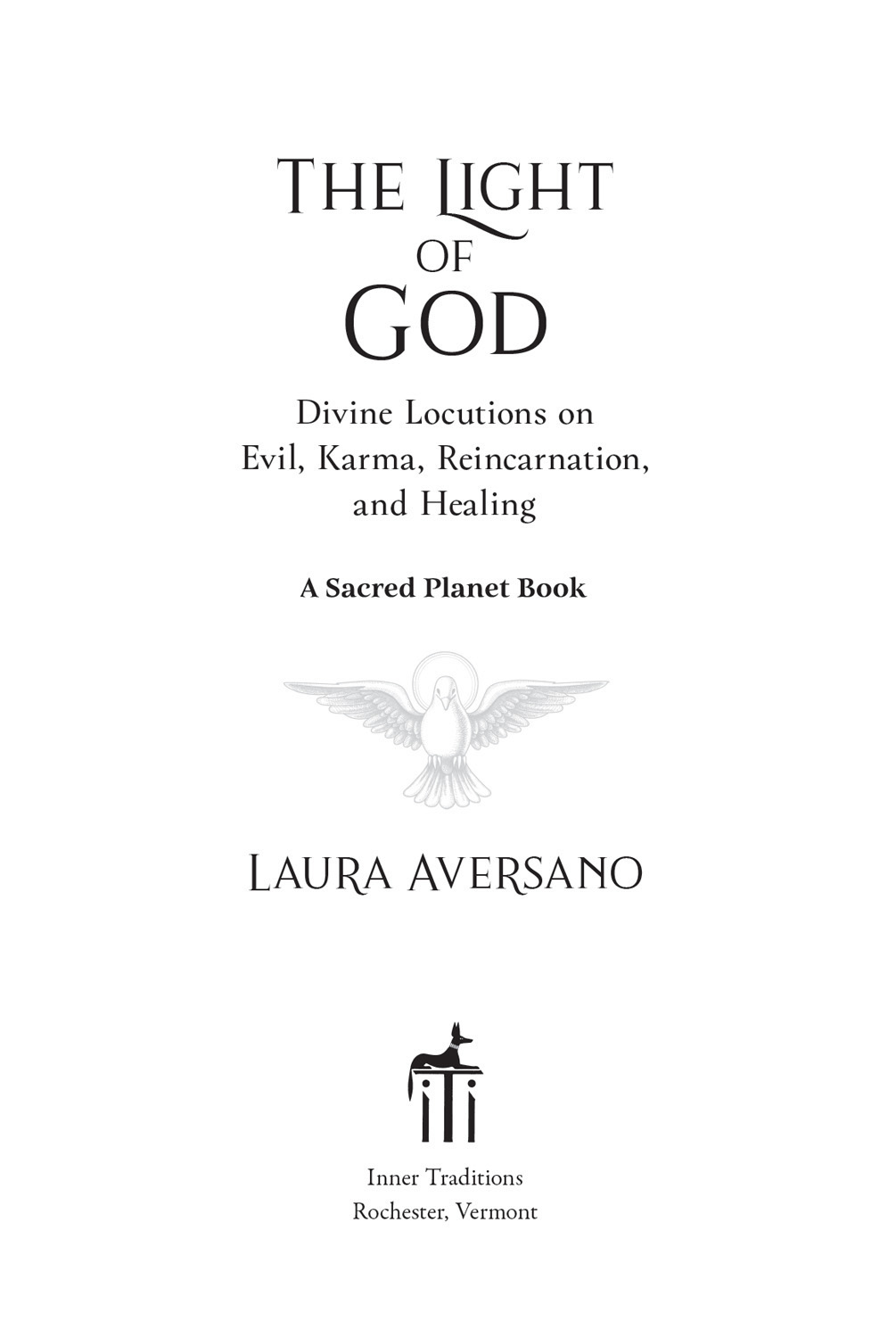Laura Aversano - The Light of God: Divine Locutions on Evil, Karma, Reincarnation, and Healing
Here you can read online Laura Aversano - The Light of God: Divine Locutions on Evil, Karma, Reincarnation, and Healing full text of the book (entire story) in english for free. Download pdf and epub, get meaning, cover and reviews about this ebook. year: 2022, publisher: Inner Traditions/Bear & Company, genre: Religion. Description of the work, (preface) as well as reviews are available. Best literature library LitArk.com created for fans of good reading and offers a wide selection of genres:
Romance novel
Science fiction
Adventure
Detective
Science
History
Home and family
Prose
Art
Politics
Computer
Non-fiction
Religion
Business
Children
Humor
Choose a favorite category and find really read worthwhile books. Enjoy immersion in the world of imagination, feel the emotions of the characters or learn something new for yourself, make an fascinating discovery.

- Book:The Light of God: Divine Locutions on Evil, Karma, Reincarnation, and Healing
- Author:
- Publisher:Inner Traditions/Bear & Company
- Genre:
- Year:2022
- Rating:4 / 5
- Favourites:Add to favourites
- Your mark:
The Light of God: Divine Locutions on Evil, Karma, Reincarnation, and Healing: summary, description and annotation
We offer to read an annotation, description, summary or preface (depends on what the author of the book "The Light of God: Divine Locutions on Evil, Karma, Reincarnation, and Healing" wrote himself). If you haven't found the necessary information about the book — write in the comments, we will try to find it.
Contains wisdom on creation, love, healing with Christ, karma, reincarnation, and the nature of evil
Reveals the spiritual laws that govern your existence and show you that you are a miracle of creation born out of love
When we quiet our minds and hearts long enough to be still, we can hear the voice of God and feel His presence within us. But how does one find the inner stillness necessary to feel the presence of the Divine? How can you awaken to the light of God? In this book of profound spiritual teachings, modern-day mystic and spiritual healer Laura Aversano shares the wisdom she received from ecstatic states of union with the Divine while she prayed. These writings offer a living experience of the Divine, imparting knowledge of the spiritual life as well as healing. Laura feels she had direct contact with the Holy Spirit and shares wisdom on love, creation, healing with Christ, karma, reincarnation, and the nature of evil.
These divine locutions reveal the spiritual laws that govern your existence and show you that you are a miracle of creation born out of love. Reading these words will guide you deeply into your relationship with God and the relationship you have with yourself. It will bring light to your truths and to your darkness. You will be most comforted by the words that are attuned to where you are presently in your spiritual life. Other locutions you will find challenging, but their intrinsic high energy and spiritual density will raise your vibration.
By reading these sacred writings, you can release your fear of the light and the darkness that you carry, bring your soul to the threshold of the heavens, and fill your heart and mind with Gods ineffable love.
Laura Aversano: author's other books
Who wrote The Light of God: Divine Locutions on Evil, Karma, Reincarnation, and Healing? Find out the surname, the name of the author of the book and a list of all author's works by series.

